10 Common Household Items You Didn’t Know You Could Recycle
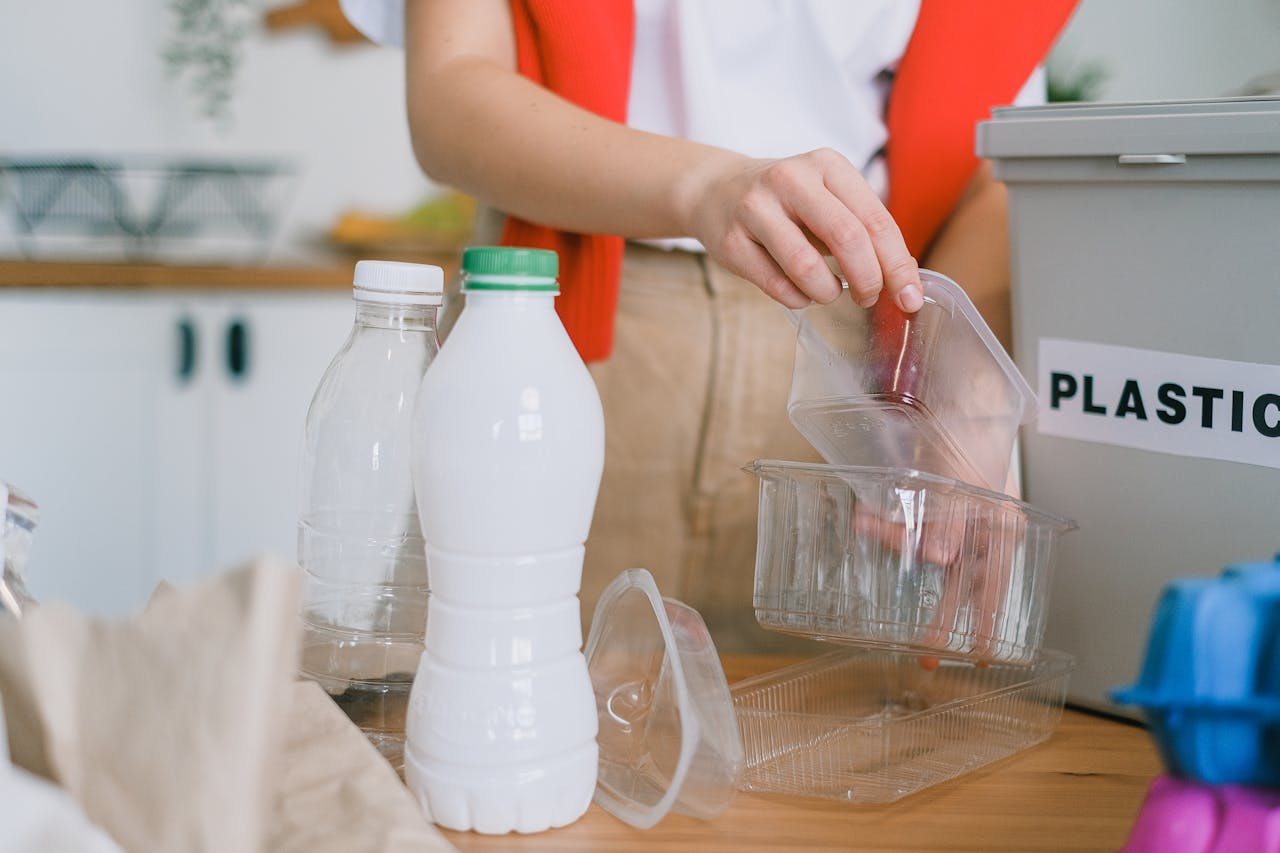
Recycling goes beyond tossing paper, plastic, and glass into the blue bin. Many everyday household items that seem destined for the trash can actually be recycled, reducing waste and contributing to a healthier planet. With the right programs and a bit of effort, you can give these items a new life instead of letting them pile up in landfills. Here are ten common household items you may not have realized are recyclable.
1. Old Toothbrushes and Toothpaste Tubes
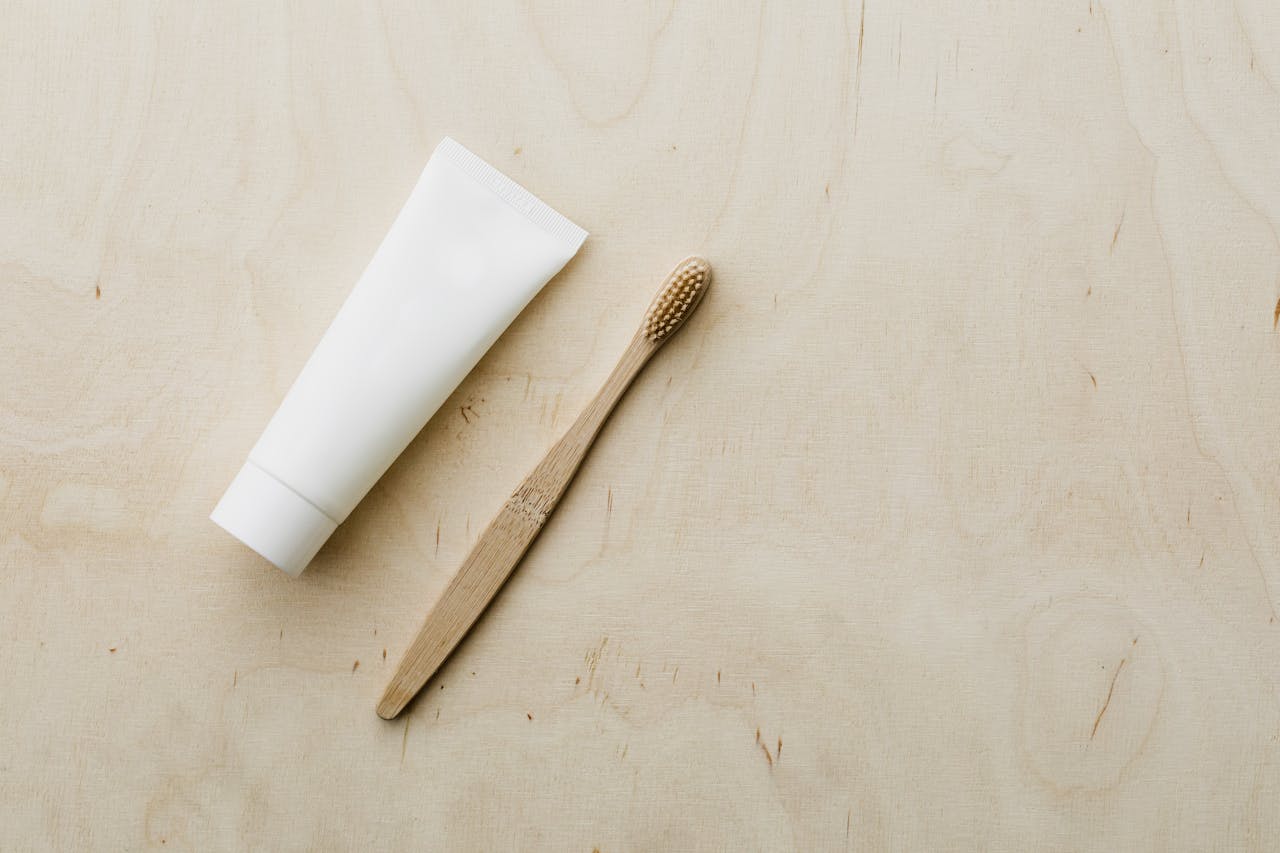
Toothbrushes and toothpaste tubes are essential for daily dental hygiene, but they often end up in the trash. However, many brands and organizations now offer recycling options for these items. Programs like TerraCycle accept toothbrushes, toothpaste tubes, and floss containers for recycling. These items are typically turned into new plastic products, such as park benches or playground equipment. Instead of throwing these items away, check with your local recycling center or join a mail-in program to reduce waste and repurpose these materials.
2. Worn-Out Shoes
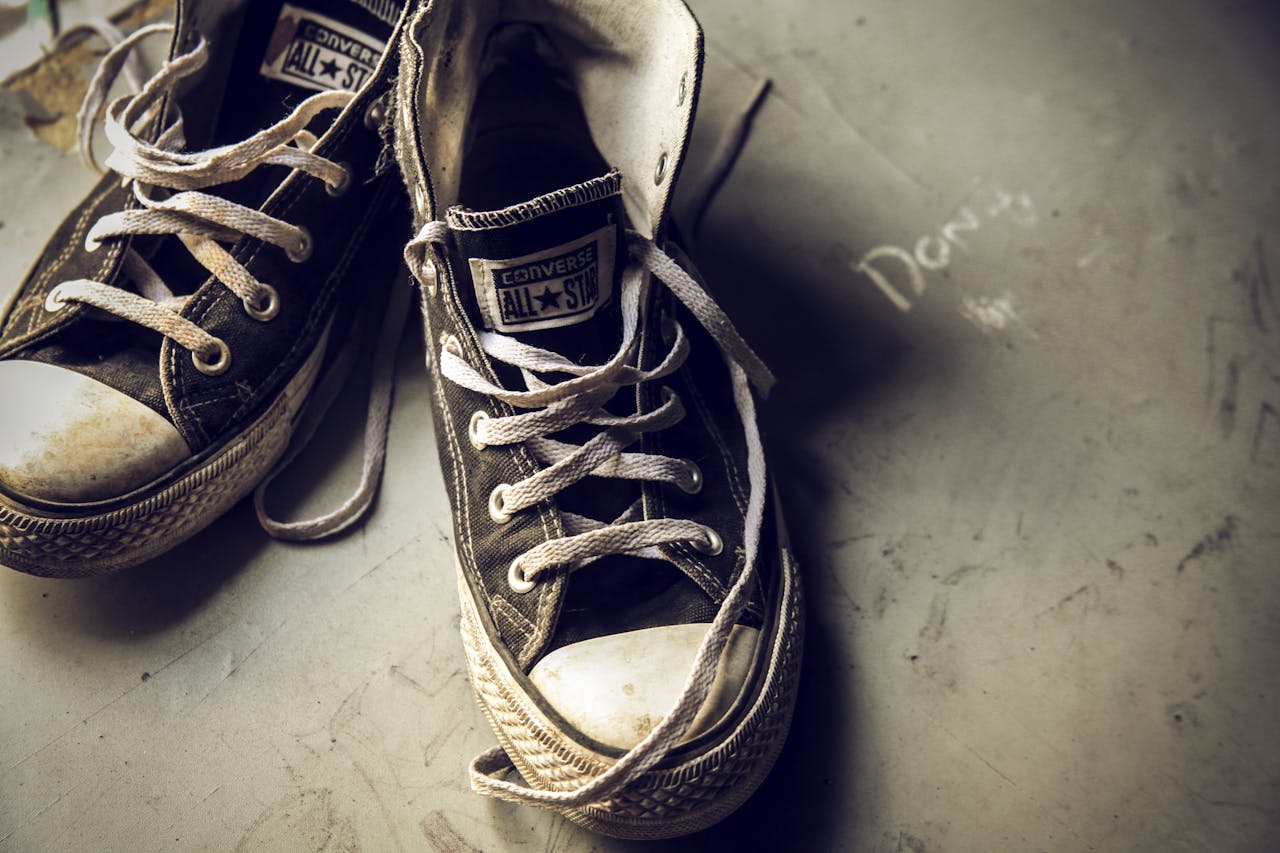
Do not toss your old sneakers or worn-out flats into the garbage. Many shoe brands and retailers have established programs to collect used footwear and recycle them into materials for playground surfaces, running tracks, or even new shoes. Nike’s Reuse-A-Shoe program is one example, but other local charities and recycling centers may also accept shoes. If your shoes are still in good condition, consider donating them to extend their life before recycling.
3. Batteries and Electronics
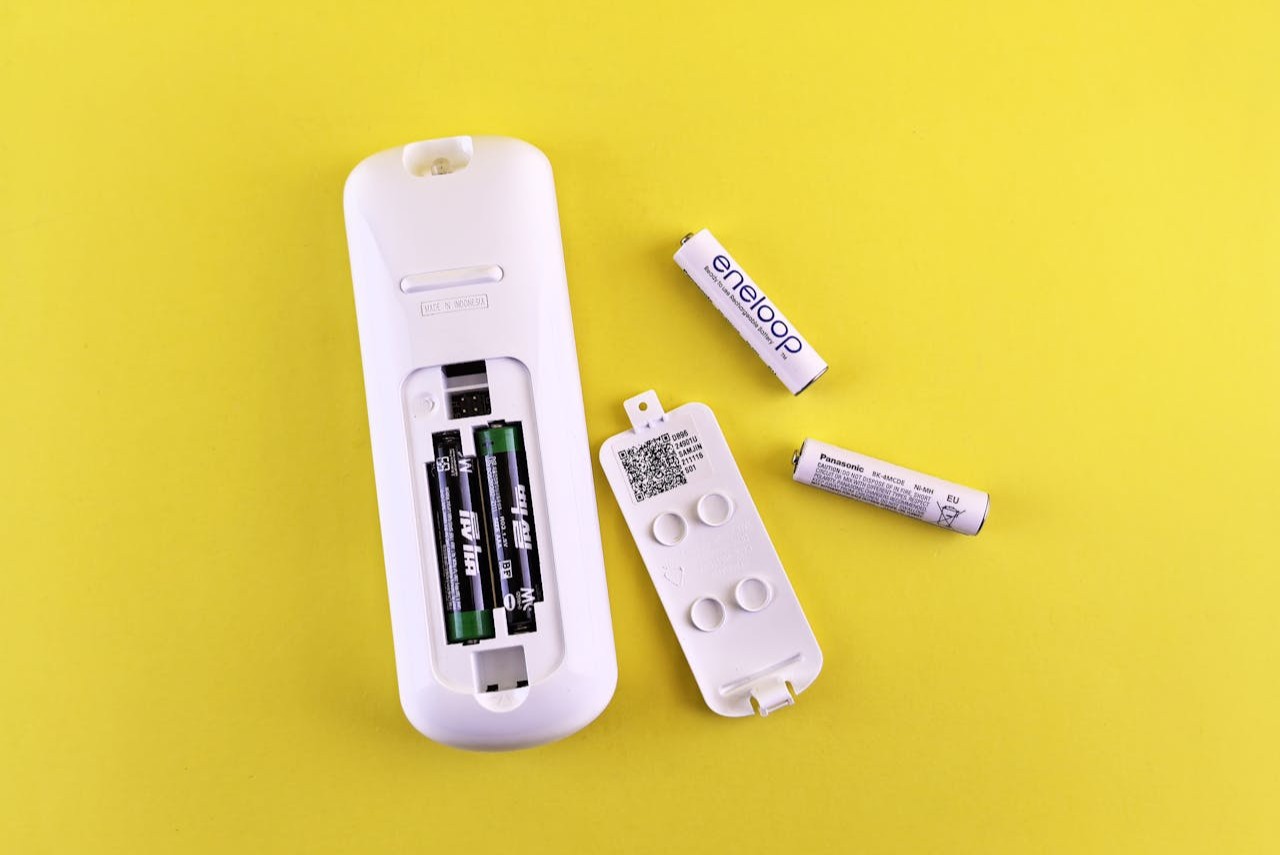
Batteries and small electronics, such as old phones, remote controls, and chargers, often contain hazardous materials that should not end up in landfills. Fortunately, many stores, including electronics retailers and hardware chains, provide free drop-off bins for these items. Recycling batteries and electronics ensures that valuable metals like lithium and nickel are reused, reducing the need for mining and preventing toxic substances from contaminating the environment. Always check for designated recycling programs in your area to dispose of these items responsibly.
4. Wine Corks
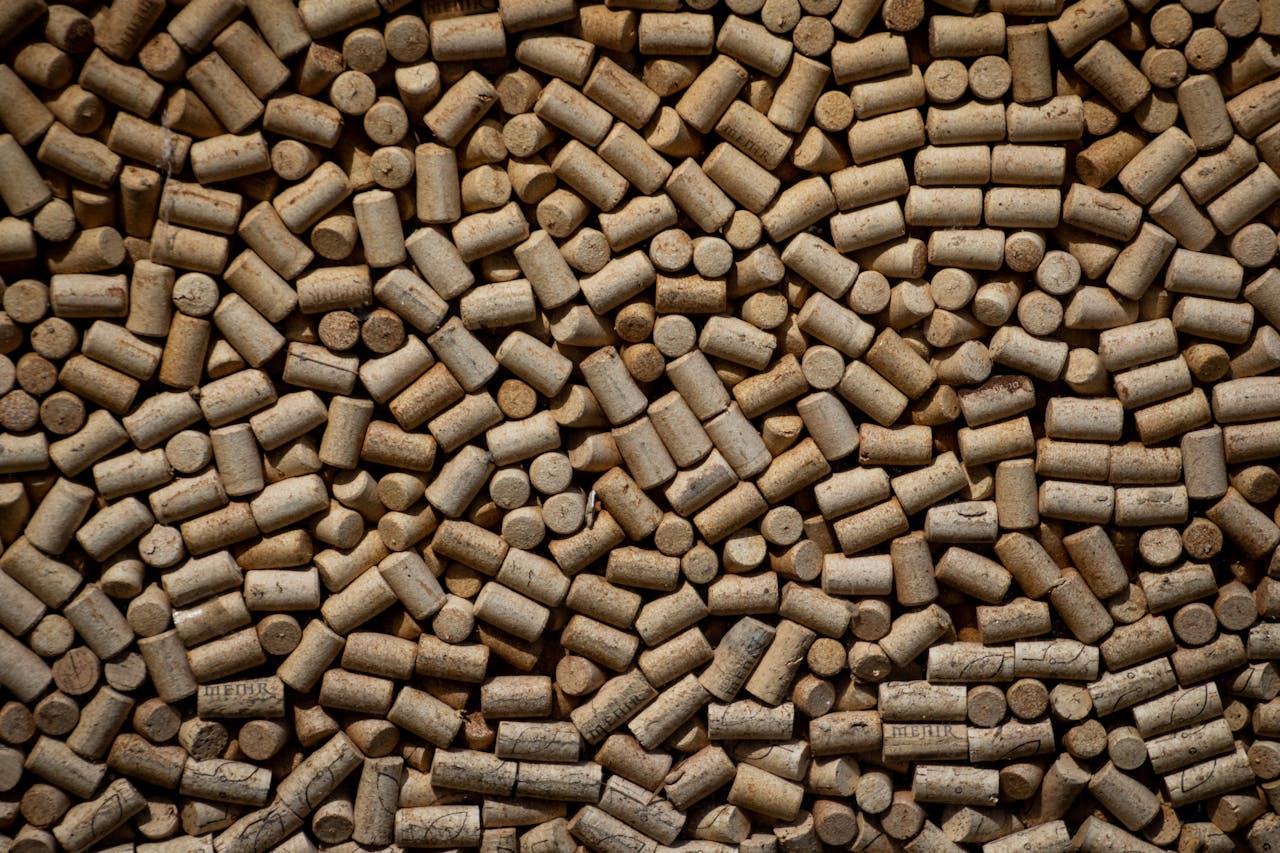
Natural wine corks are biodegradable, but many people are unaware they can also be recycled. Programs like ReCORK collect natural corks and repurpose them into products such as flooring, insulation, and shoe soles. If you enjoy wine, start saving your corks and drop them off at participating locations or mail them to organizations that specialize in cork recycling. This small step can make a significant impact by reducing waste and giving corks a new purpose.
5. CDs, DVDs, and Cases
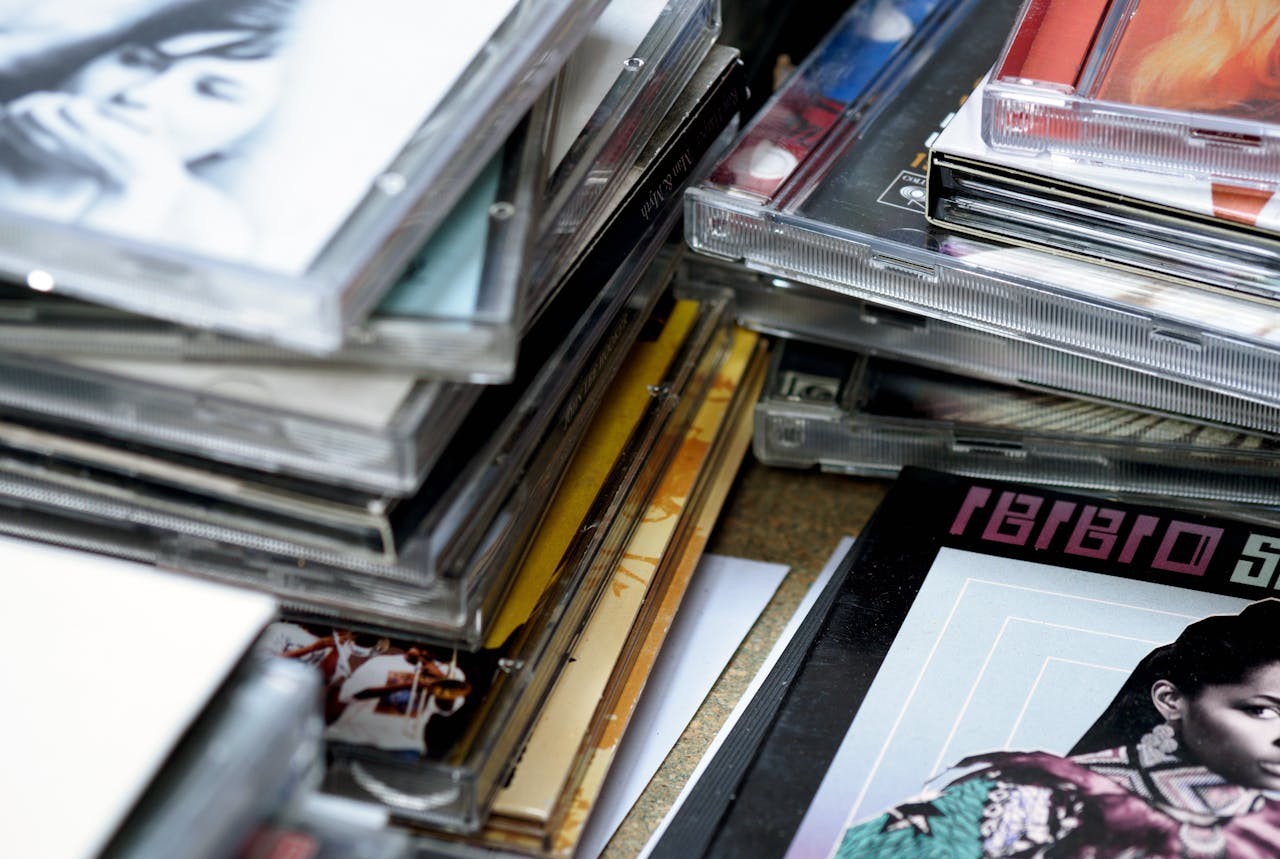
With the rise of streaming services, many people have outdated CDs and DVDs collecting dust. Instead of throwing them out, consider recycling these discs and their plastic cases. Specialty programs and recycling centers accept them and turn them into new plastic products. While curbside recycling programs may not take these items, a quick search can help you find a local or mail-in option. Recycling these items prevents plastic waste and allows the materials to be reused in innovative ways.
6. Light Bulbs
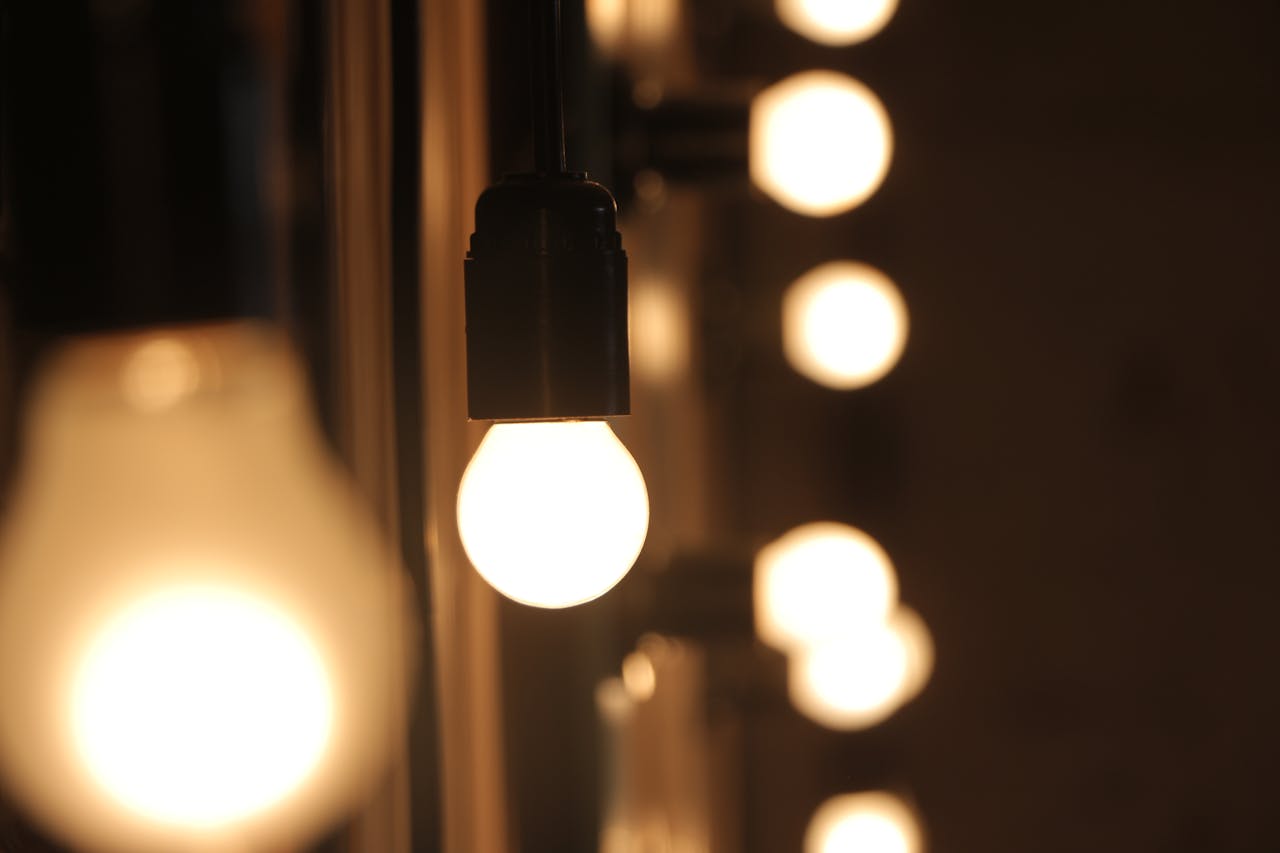
Not all light bulbs belong in the curbside recycling bin, but many types, including compact fluorescent bulbs (CFLs) and LEDs, can be recycled through special programs. These bulbs contain valuable materials like glass and metals that can be reused. Recycling them also prevents harmful substances, such as mercury, from entering the environment. Many hardware stores offer collection bins for used bulbs, so check with your local store to find a convenient recycling option.
7. Old Pill Bottles
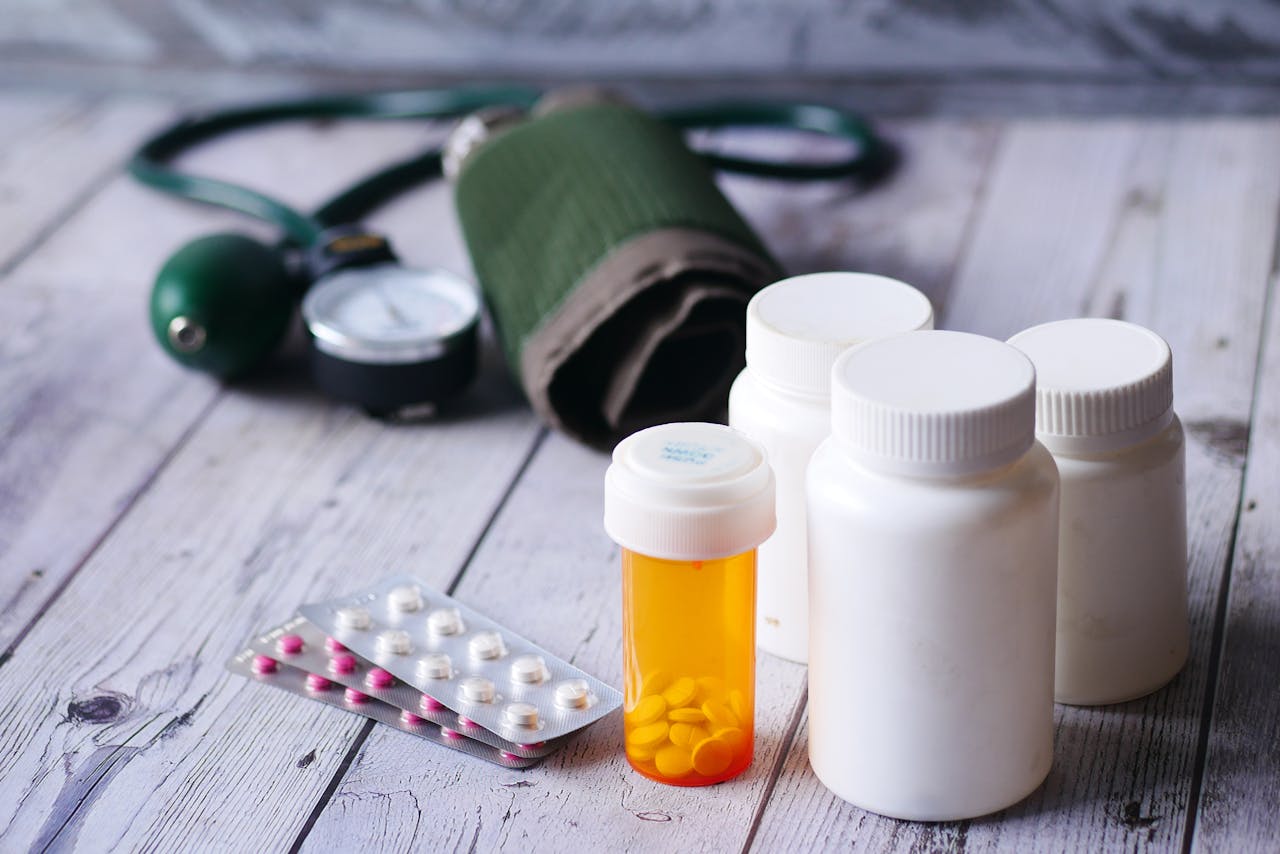
Empty prescription pill bottles are made from recyclable plastic, but they are often too small for standard curbside recycling programs. Some organizations, such as Matthew 25 Ministries, collect and reuse these bottles for medical purposes in developing countries. Alternatively, you can check with your local pharmacy to see if they have a recycling or reuse program in place. By recycling pill bottles, you can reduce plastic waste while supporting communities in need.
8. Crayons
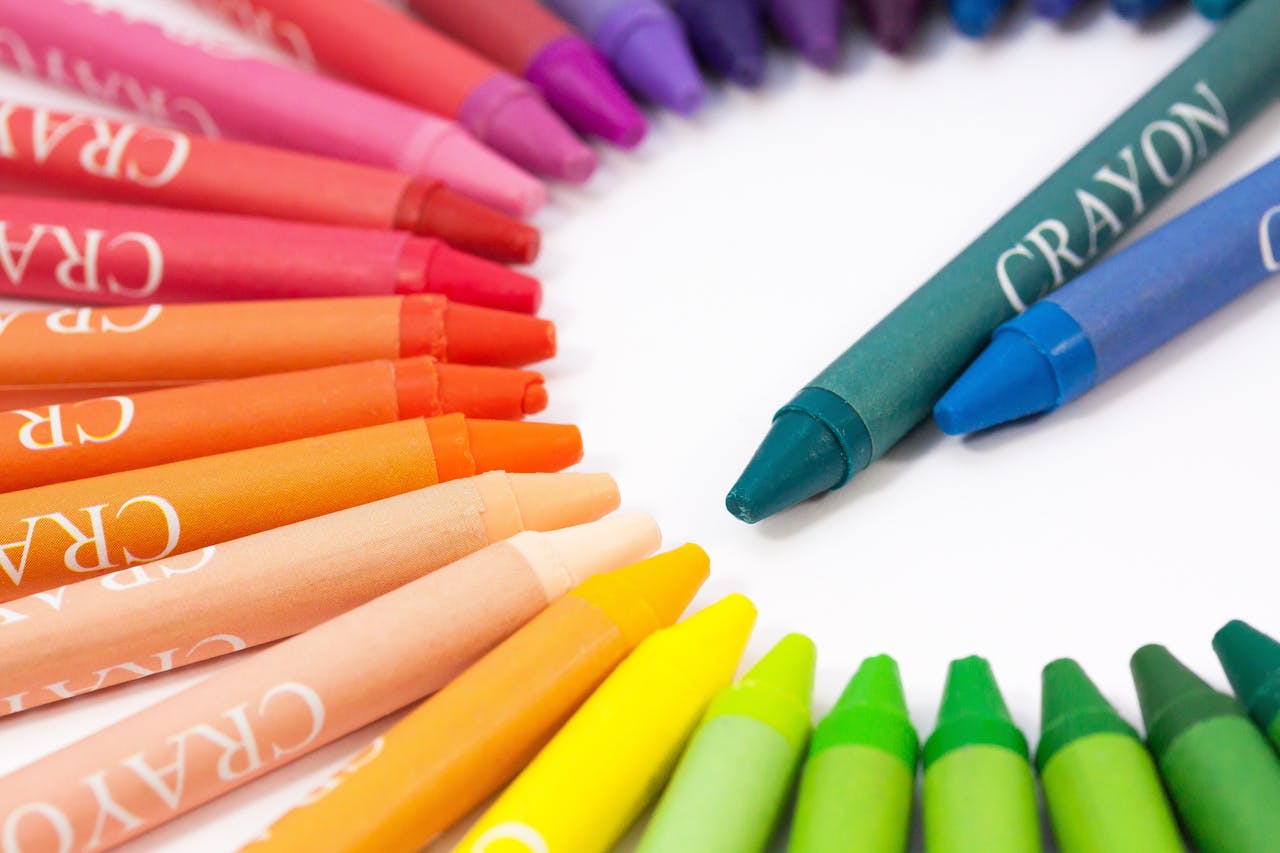
If you have children, you probably have a collection of broken or unused crayons lying around. Instead of throwing them away, send them to programs like the National Crayon Recycle Program. These organizations melt down old crayons and turn them into new ones, reducing wax waste and providing recycled crayons to schools and community programs. This is a fun and eco-friendly way to repurpose a common household item that often gets overlooked.
9. Cooking Oil
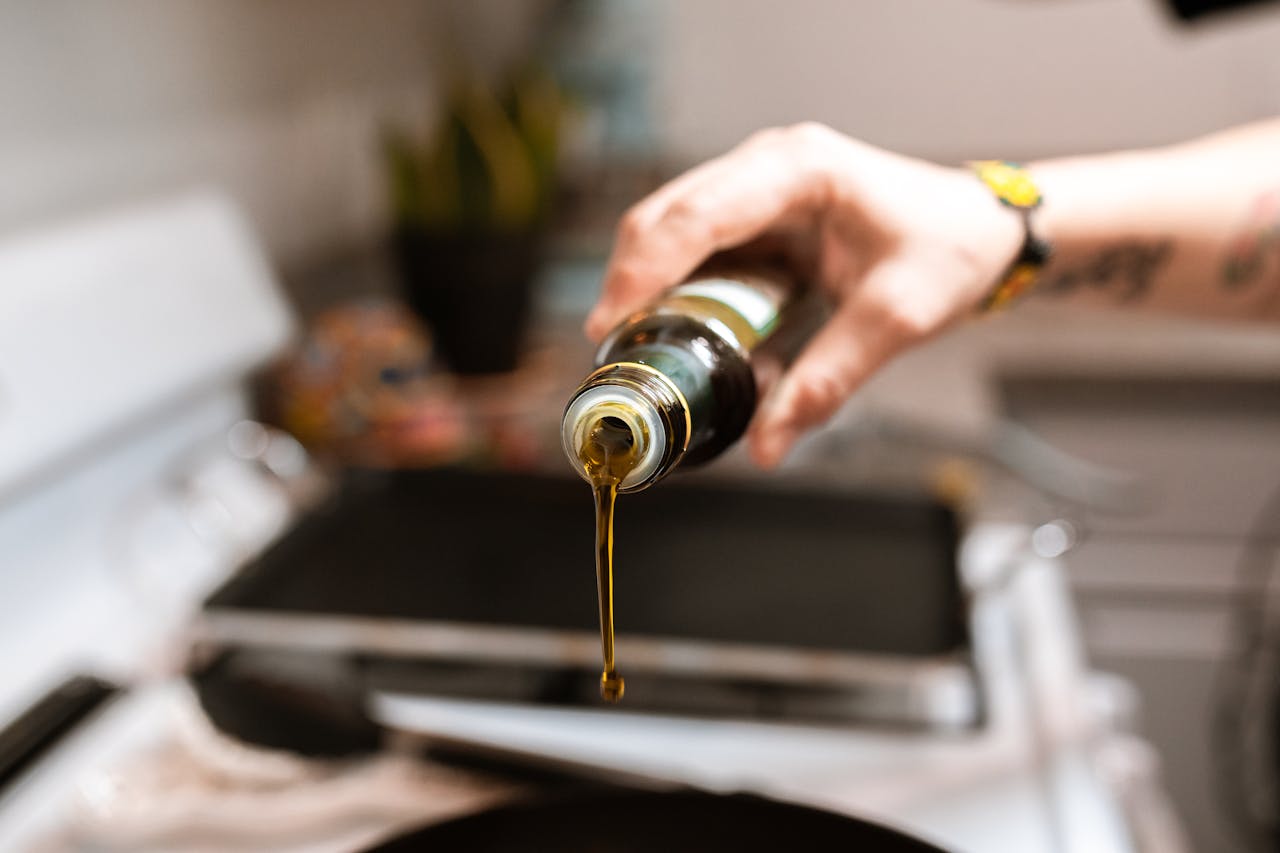
Used cooking oil should never be poured down the drain or thrown in the trash, as it can clog pipes and harm the environment. Instead, recycle it into biodiesel fuel. Many cities have programs where you can drop off used cooking oil, and some local biodiesel producers may accept it directly. Recycling cooking oil not only reduces waste but also supports the production of sustainable energy. Be sure to store the oil in a sealed container before dropping it off at a designated recycling location.
10. Old Mattresses

Mattresses are bulky and often end up in landfills, but they are highly recyclable. The metal springs, foam, and fabric can all be repurposed into new products. Many mattress retailers offer take-back programs when you purchase a new mattress, and some cities have recycling facilities specifically for old mattresses. By recycling your mattress, you can help reduce landfill waste and support the creation of new, useful materials.
Final Thoughts
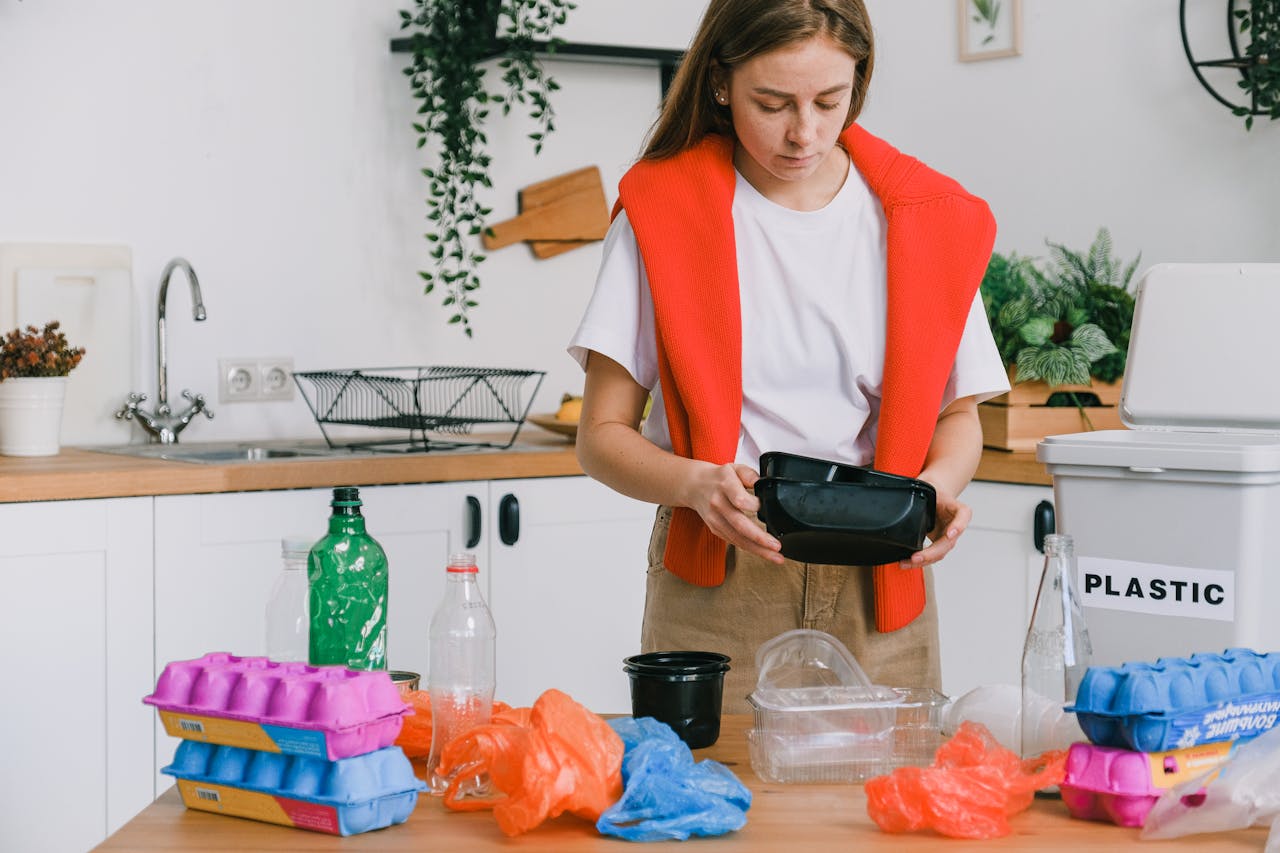
Recycling these often-overlooked household items is a small but impactful step toward reducing waste and conserving resources. While some items require a bit more effort to recycle, the environmental benefits are worth it. By participating in recycling programs, you can help create a more sustainable future and reduce your carbon footprint.
Start small by identifying one or two items on this list that you can begin recycling today. Over time, you may find it easier to incorporate more sustainable practices into your daily routine. Every item you recycle is a step closer to a cleaner, healthier planet.
Leave a Reply